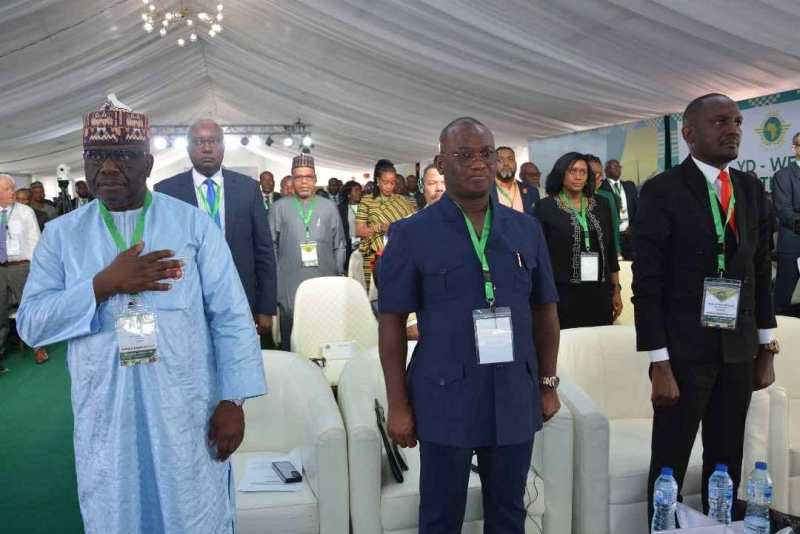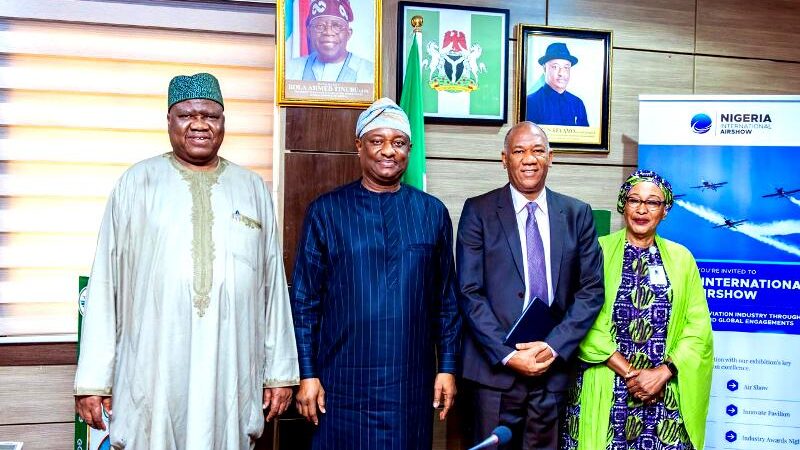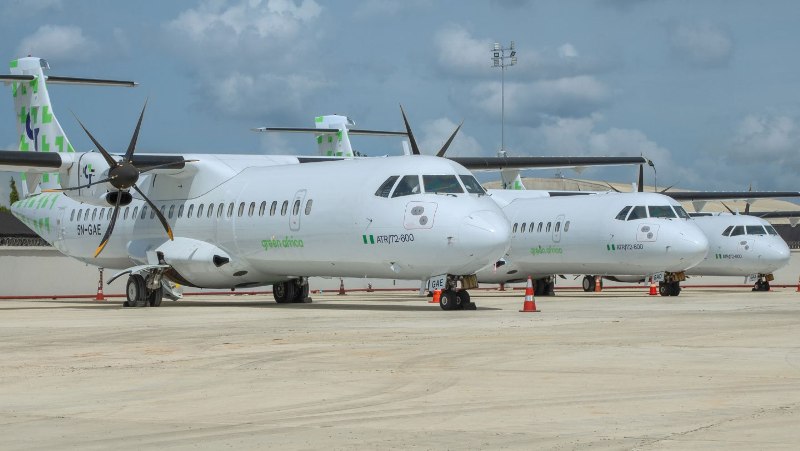Making SAATM Agreement Work For Africa

How implementing the Single African Air Transport Market (SAATM) Agreement can be achieved in such a way that it benefits the African continent was the focus of discussions today, the first day of the ongoing 24th Yamoussoukro Decision (YD) Week, holding at Transcorp Hilton, Abuja under the theme, “Africa Wants To Fly.”
The idea of needed improved connectivity in Africa followed the global deregulation of the air transport market, which occurred between the 1980s and 1990s. In 1988, Ministers in charge of air transport in Africa signed the Yamoussoukro Declaration, which was adopted as a decision in 1999.
The YD provides for the liberalization of the 1st and 5th Freedom Rights. In 2015, there was a Declaration for adoption of the SAATM.
In her opening remarks, the Secretary General of the African Civil Aviation Commission (AFCAC), organizers of the event, Ms Adefunke Adeyemi stated that “African aviation is in an emergency. We cannot become the tree of life that we have in the African Union anthem” if flight connectivity is not improved upon within the continent.
According to her, the solution “is for us to implement the YD. It is for us to implement the SAATM.”
She said a 5th in the series of workshops has been held on SAATM and has produced significant results and that in 2022, 13 new routes were opened and operated on the basis of SAATM.
Citing an effect of the non-implementation of the SAATM, the Regional Director, International Civil Aviation Organization (ICAO), West & Central African region, Mr. Prosper Zo’o Minto’o said he had to travel 30 hours from Cotonou to Addis Ababa to Abuja before accessing Lagos, Nigeria.
The conflict between the mindset of political appointees in charge of air transportation in Africa and that of airline operators played up in the course of the event during an argument between Namibia’s Deputy Minister of Works & Transport, Mr. Veikko Nekundi (MP) and AFCAC’s Public & External Relations Officer, Ms. Ruky So Mbacke.
Responding to AFCAC’s presentation where Mbacke mentioned the need for airlines to decide their destinations and routes based on business considerations without political influence of such decisions, Mr. Nekundi affirmed the fact that the airlines have to tailor their proposals to suit expectations of policy makers and that of politicians, or else be denied approval, adding that policy makers would always win such arguments.
There was however, a consensus by participants that even though policy makers and politicians stand a chance of stamping their authority to maintain their position in such matters, public interest and the interest of African travelers and the industry should be given priority over any other consideration.
In his presentation on behalf of the African Airlines Association (AFRAA), AFRAA’s Director, Government, Legal & Industry Affairs, Mr. Raphael Kuuchi said the YD has been perceived as a deal where the airlines simply wait for a decision to be made for them to implement. He stressed the need for airlines to be fully involved in the signing of such agreements over connectivity that they are expected to implement.
He also frowned at a situation where despite the signing of YD by most African states, 10 states have so far, denied airlines 5th Freedom Rights while just one state has granted 5th Freedom Rights, with restrictions, limiting 3rd and 4th Freedoms.
He equally pointed out that “just because we signed SAATM does not mean that airlines will open up all the routes, adding that an available airline may not have appropriate equipment to explore a route opportunity or may not find it commercially appropriate to operate the route.
“It is purely a commercial decision,” he said.
Kuuchi added however, that African airlines have not lived up to expectations, stating that many of them are state-owned, small and undercapitalized, fragmented and poorly managed, saddled with safety and security issues, poor and expensive infrastructure, high operating costs, poor connections due to poor traffic volumes and lack of cooperation among them.
To implement SAATM and achieve its benefits, Kuuchi said something should be done about non-African carriers being granted and operating 5th Freedom routes in the continent while high taxes, charges and fees should be checked alongside high operating costs.
In his presentation, the Regional Director, External Affairs and Sustainability, Africa, International Air Transport Association (IATA), Mr. Somas Appavou said to promote connectivity in Africa, we need to adapt infrastructure to our local needs to encourage more Africans to holiday in Africa.
In his contribution, the Director General, Civil Aviation, Nigeria Civil Aviation Authority (NCAA), Capt. Musa Nuhu frowned at the regulatory discord among the 54 African countries unlike the EU, adding that even seven West African countries are finding it difficult to agree. He tasked African Ministers to create a single regulatory body in Africa, stating that America has one regulatory body.
“It has to be done at the very top,” he said.
The former Managing Director/Chief Executive of Federal Airports Authority of Nigeria (FAAN), Mr. Richard Aisuebeogun said “we need to go beyond involvement of the executives of the sovereign states.” He advised AFCAC to get the African Parliamentary Union to support the initiative.
“Work remains to be done and the executing agency is at the centre. Airlines too must do their part in addressing their failings. Commitment is needed from the states and all stakeholders,” said Kuuchi
The conference will end on Thursday, November 16, 2023.






